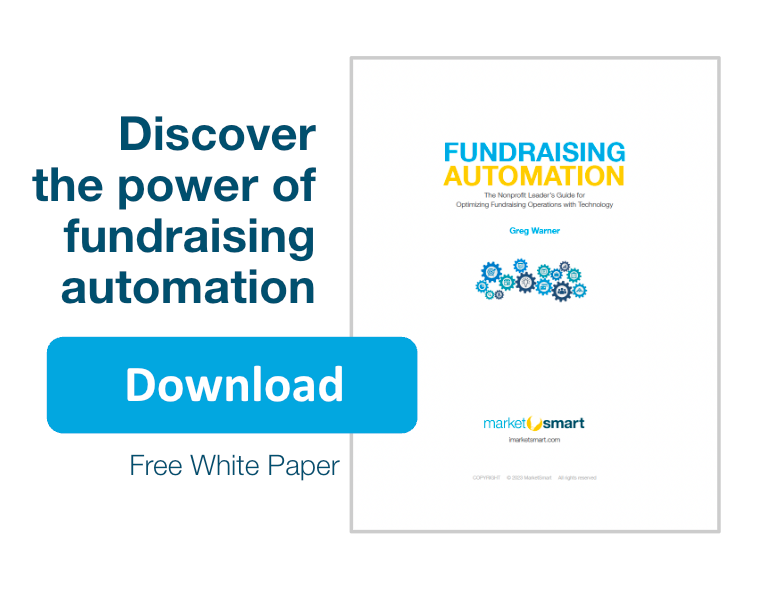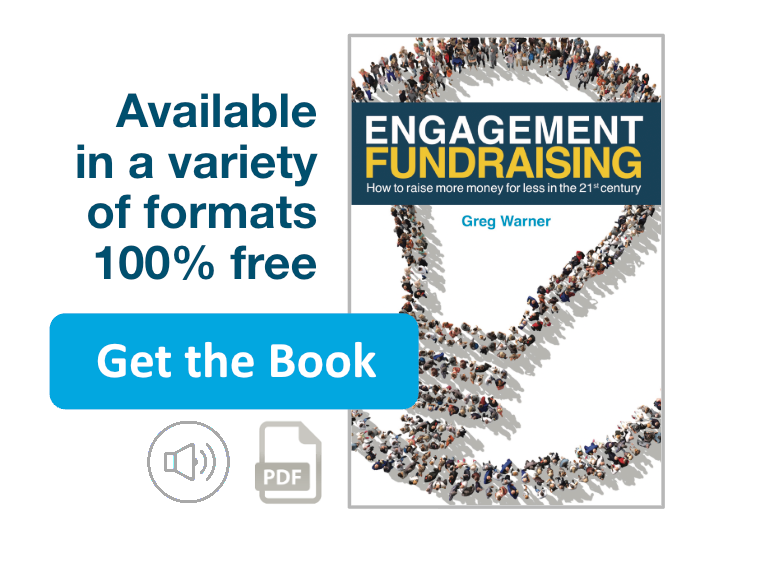Words matter. They shape our thoughts. Our thoughts shape our actions and influence our decisions. The lexicon of fundraising is full of one-way terms, as if fundraising is something we do TO donors not WITH them.
No one who uses these terms is ill-intended but the repeated use of them can dull our appreciation of donors’ sensibilities.
If you were a donor, would you want to:
- Wait with bated breath to see if you “qualified” to give an organization money?
- Hang out with someone who was plotting to put “moves” on you?
- Be thought of as being shunted into a “pipeline”?
- Be “profiled” by organizations you support?
- Be “cultivated” as if you were a stalk of corn?
- Want someone to presume to tell you how to “plan” your giving?
We shouldn’t talk about donors in ways we wouldn’t talk to them, and we need terms that better describe what we’re attempting to do. For instance, is it a “donor profile” that we want in our records? A profile is a side view; what we really want is an inside view of what matters most to them.
Below I suggest more appropriate and more descriptive terminology so we think less about what we could do to donors and imagine more what we could do with them. No, I don’t expect these will replace the terms we’ve used for so long but reflecting more deeply on how we can better work with donors will deepen our thoughts and help us develop more sustainable and ennobling fundraising practices.
BETTER FUNDRAISING TERMINOLOGY
| Reductive, One-Way | Elevating, Collaborative |
|
|
Jim Langley is the president of Langley Innovations. Langley Innovations provides a range of services to its clients to help them understand the cultural underpinnings of philanthropy and the psychology of donors and, with that knowledge, to develop the most effective strategies and tactics to build broader and more lasting communities of support. Jim has authored numerous books including his most recent book, The Future of Fundraising: Adapting to New Philanthropic Realities, published by Academic Impressions in 2020.
Related Resources:
- Webinar: 4-Step Process for “Reimagining Fundraising Operations”
- What’s wrong with fundraising job titles?
- 4 Reasons Why Fundraisers Think Storytelling Matters
- Engagement Fundraising free digital download




